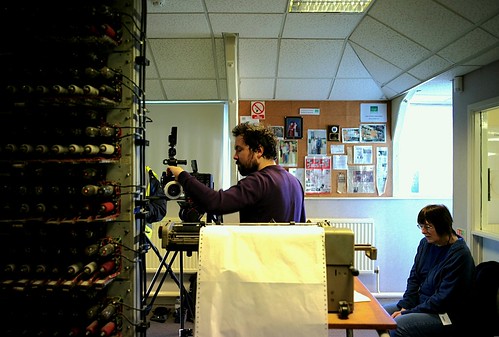My Observer column about why it’s important to teach kids to program — or at any rate to give them the opportunity to learn how to do it — stimulated lots of feedback, retweeting etc.
Many people picked up on this passage in the column:
What governments don’t seem to understand is that software is the nearest thing to magic that we’ve yet invented. It’s pure “thought stuff” – which means that it enables ingenious or gifted people to create wonderful things out of thin air. All you need to change the world is imagination, programming ability and access to a cheap PC. You don’t need capital or material resources or adult permission.
Several respondents quoted Yeats’s aphorism about education not being like filling a bucket but about lighting a fire (which is true). Then I stumbled on this quote on the wonderful Brain Pickings site which captures the same idea: that being able to create software gives you tools for liberating yourself from the constraints imposed by other people’s imaginations.
When you grow up you, tend to get told that the world is the way it is and your life is just to live your life inside the world, try not to bash into the walls too much, try to have a nice family, have fun, save a little money. That’s a very limited life. Life can be much broader, once you discover one simple fact, and that is that everything around you that you call life was made up by people that were no smarter than you. And you can change it, you can influence it, you can build your own things that other people can use. Once you learn that, you’ll never be the same again.”
Who said it? Steve Jobs in a 1995 interview conducted by the Santa Clara Valley Historical Association, while Jobs was still at NeXT.



